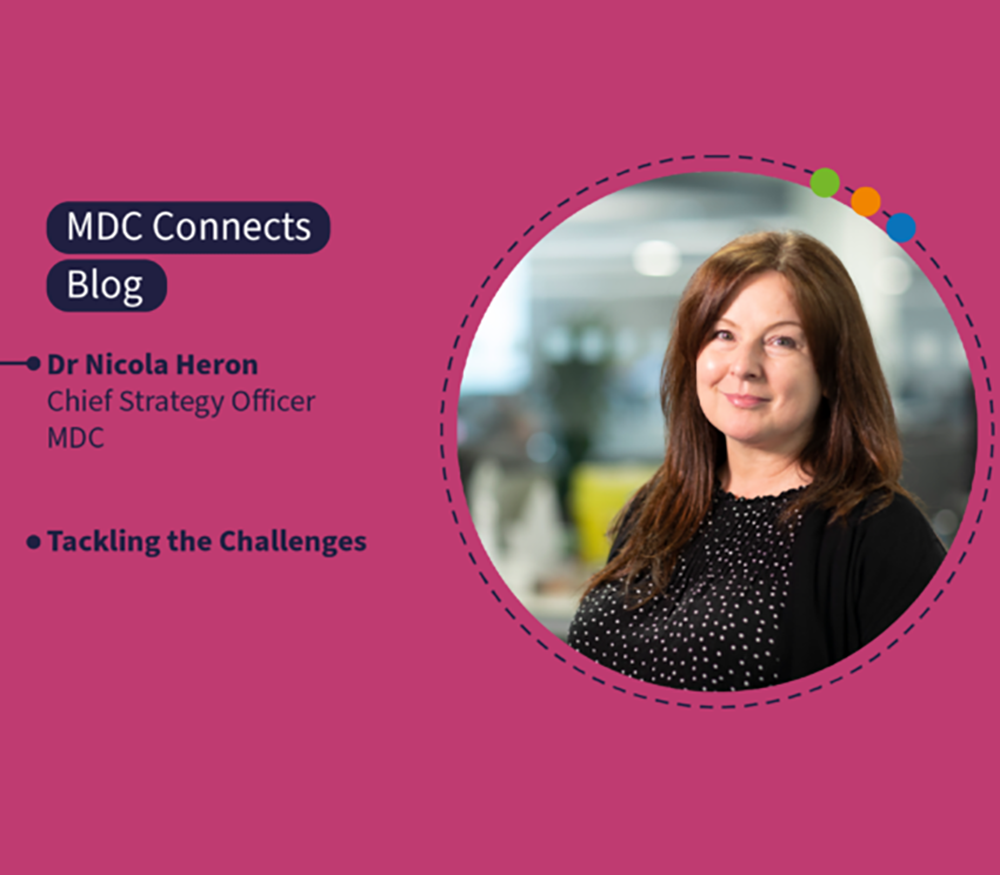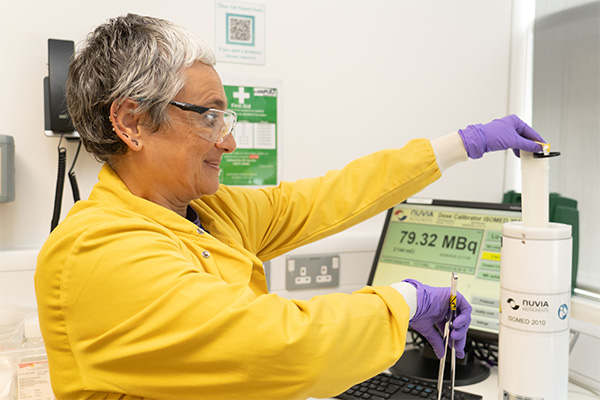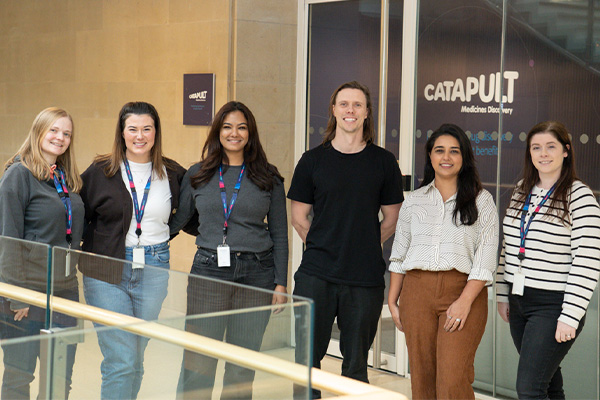Dr Nicola Heron, Chief Strategy Officer, MDC
17 June 2024

In this blog, Nicola focuses on tackling the challenges facing our sector and how we may best address those key challenges through collaboration.
Nicola has over 27 years of life sciences experience, from holding senior positions across the public and private sectors in organisations including AstraZeneca and the NHS. With an extensive track record encompassing research to commercialisation in pharmaceuticals, medical devices and diagnostics, Nicola brings wide-ranging expertise and insight to her role as Chief Strategy Officer at Medicines Discovery Catapult.
The life sciences sector is a critical industry for the UK – one with immense potential, an amazing array of talent and a genuine ambition to be world leaders in our field.
The sector’s story is one of growth. With around 7,000 life sciences companies in the UK including some 500 therapeutic developers – roughly 50% of them being early stage SMEs – we have a vibrant, forward-reaching medicines discovery community.
However, the economic impact of the past 18 months has resulted in parts of the sector facing significant challenges, that must be addressed now.
From MDC’s extensive research activities, such as surveys, interviews and workshops, we have learned much about the issues and ambitions from large pharma, SMEs, CROs and charities. This research provides insight into tackling the challenges and finding possible solutions for the future.
Increasing costs and difficulty accessing funding are big issues for smaller organisations such as early-stage SMEs. Investments are high risk, and grant funding is increasingly competitive among high-quality grant applications. The power of partnerships has the potential to boost funding success for these companies.
Skills shortages are felt keenly across the entire life sciences landscape – a severe block to growth that must be addressed as a priority.
A problem for virtually all life sciences organisations is limited access to lab space, equipment and specialist services. The issue is acutely felt for smaller companies in particular, but one where solutions are beginning to come forward.
Smaller early-stage SMEs are being hit hardest by the three major challenges, yet these companies are vital to the future of medicines discovery. More needs to be done to build their resilience. A focus on helping these companies develop the data to de-risk their asset will benefit innovators, investors, patients and our industry. If companies are going to fail, they need to fail because the hypothesis didn’t work, not because they never had the chance to test it. This is a waste and an inefficient use of brilliant scientists in this country.
If all parts of the ecosystem can work together tackling the challenges in coordinated ways, all of us will benefit. Here are five key areas to focus our joint efforts and ideas on:
Tackling the challenges involves supporting our sector’s ideas, developing pipelines that deliver for patients, giving investors de-risked and attractive opportunities, encouraging diversity and becoming the global superpower in life sciences will require solutions driven by collaboration.
Learn how Medicines Discovery Catapult supports innovators to make every move count.

This is the first in a series of radiopharmaceutical blogs from Dr Juliana Maynard. Juliana is an expert imaging scientist with over 20 years’ experience in nuclear medicine and translational imaging.

In this blog, Dr Phil Auckland details how MDC has established a reproducible CRISPR-Cas9 pipeline and generated new tools to better inform nanotherapeutic design

Nanotherapeutics often fail because of Endosomal entrapment. In this blog by Dr Phil Auckland, we explore how MDC are using real-time imaging to reveal why.